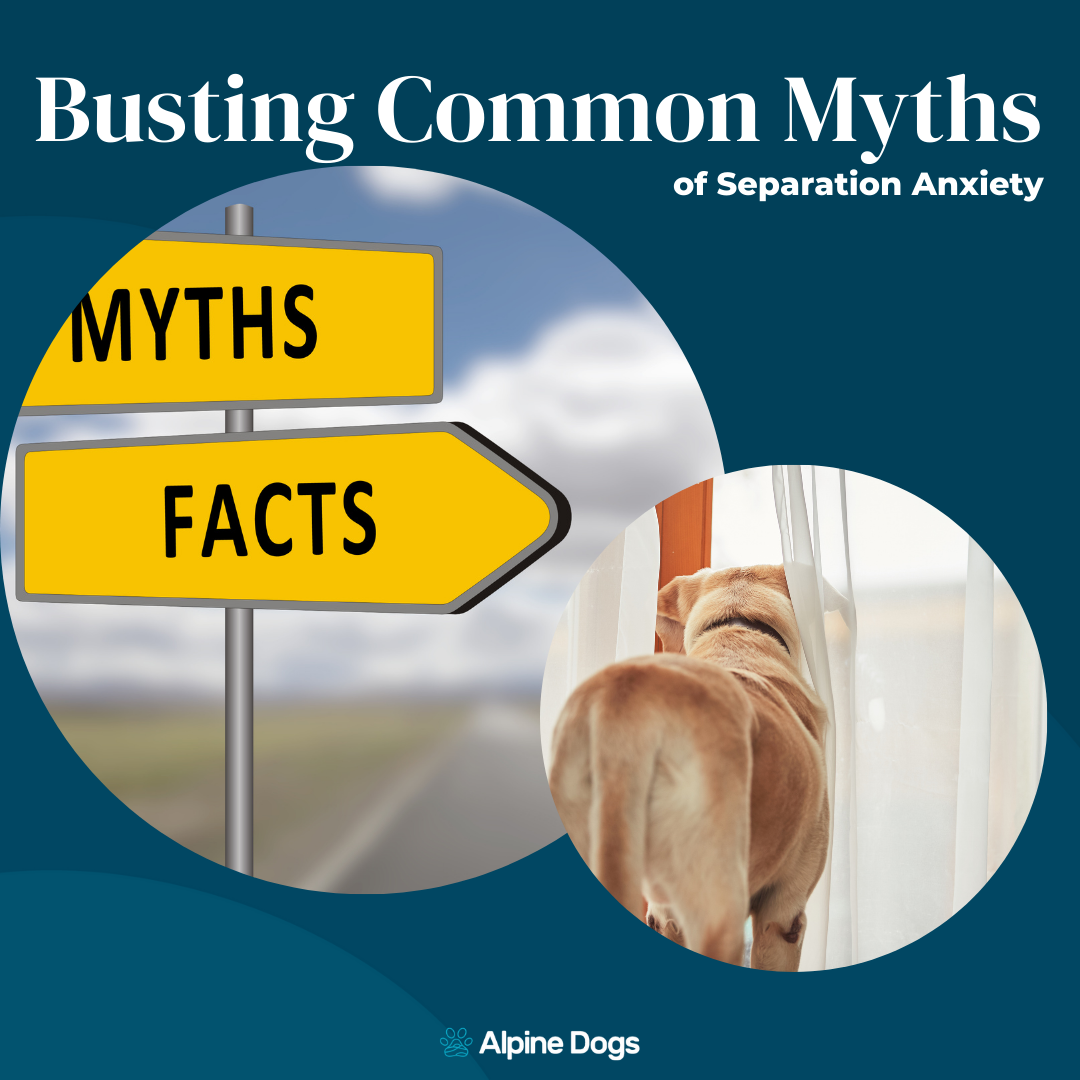Navigating Unsolicited Advice About Your Dog’s Separation Anxiety Training
If you’re working through separation anxiety training with your dog, you’ve probably encountered well-meaning but unsolicited advice from friends, family, or even strangers. While they might have good intentions, these comments can sometimes feel overwhelming, or worse, undermine your confidence in the process. Here’s how to handle these situations with grace while staying committed to what’s best for your dog.
1. Understand Their Perspective
Most unsolicited advice stems from a genuine desire to help. Your family might not fully understand the complexity of separation anxiety, but they care about you and your dog. Recognizing their intentions can make it easier to remain patient.
2. Focus on Your Dog’s Individual Needs
Every dog is unique, especially when it comes to separation anxiety. What worked for your neighbor’s dog won’t necessarily help yours. Separation anxiety training requires a customized approach, taking into account your dog’s stress signals, triggers, and progress. Politely explaining this can help redirect the conversation toward education rather than criticism.
3. Stay Confident in Your Plan
Working with a professional, science-based trainer ensures you have an evidence-based strategy tailored to your dog’s needs. If someone suggests quick fixes like ignoring your dog or trying aversive methods, you can confidently explain that separation anxiety training prioritizes the dog’s emotional well-being and gradual desensitization.
4. Create a Standard Response
If the advice gets repetitive, it’s helpful to have a go-to response. Something as simple as, “Thanks for your suggestion! I’m working with a professional who specializes in separation anxiety, and we have a plan tailored to my dog’s needs,” can politely end the conversation without engaging further.
5. Build a Supportive Network
Surround yourself with people who understand the challenges of separation anxiety. Online communities, support groups, or even your trainer can provide reassurance and practical tips. This positive reinforcement can help drown out unhelpful commentary.
6. Remember Your “Why”
When unsolicited advice gets under your skin, remind yourself why you started this journey. You’re investing in your dog’s long-term emotional health and well-being, and that commitment is what matters most. Your consistency and dedication will lead to meaningful progress.
Navigating unsolicited advice can be tough, but staying grounded in your values and the training process is key. Remember, your dog’s progress isn’t about pleasing others—it’s about building a confident, happy life together.
If you’d like personalized guidance or have questions about training, book a free discovery call today to explore how I can help you and your dog thrive!
Want to learn how my program can help? Book a FREE Discovery call today!
About the Author
Saundra Clow is a multi-certified separation anxiety trainer who serves clients internationally online. She has over 18 years of experience working with dogs of all types and breeds and is passionate about helping dogs feel comfortable at home alone.
